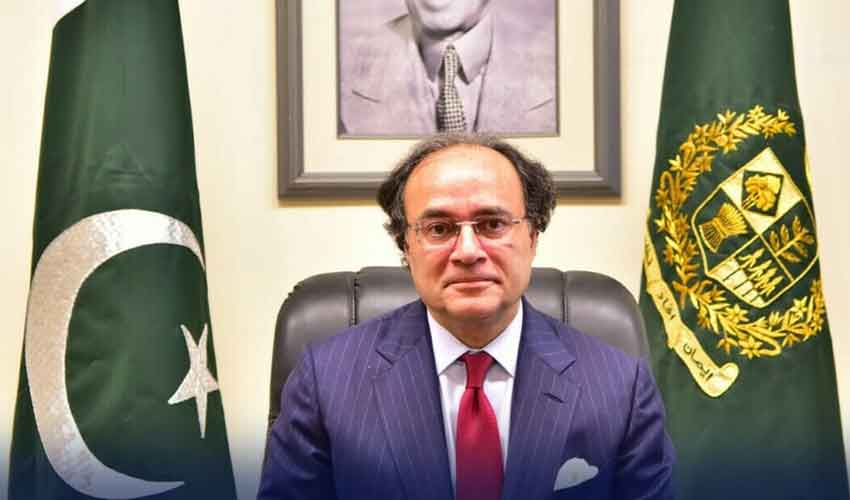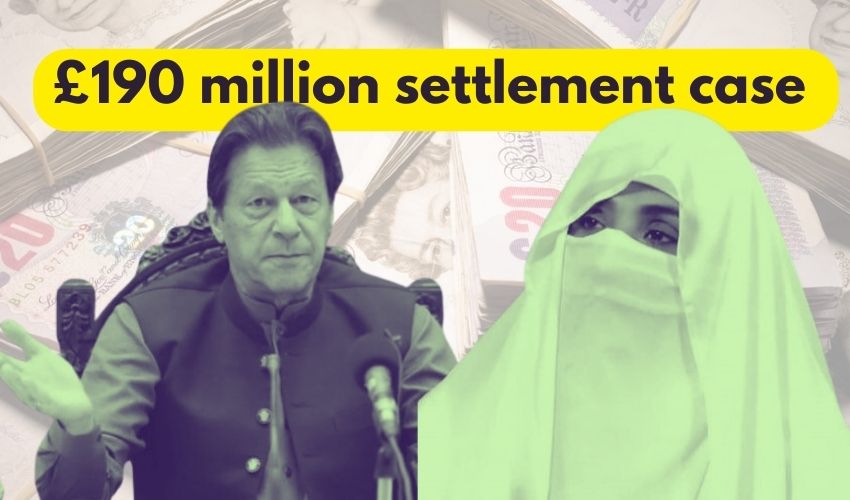Federal Finance Minister Muhammad Aurangzeb said that countries run on taxes, and increasing the scope of taxes is inevitable and regretted that a tax rate of 10% of GDP is unacceptable.
Finance Minister Muhammad Aurangzeb said the budget for the next fiscal year revolves around five principles, including widening tax base and digitizing economy.
Addressing the post budget news conference in Islamabad Thursday, he said implementing a progressive income tax regime, eliminating non-filers, and protecting low-income groups are other points emphasized in the budget.
The Finance Minister said below ten percent tax to GDP ratio is not sustainable. He emphasized enhancing it to 13 percent in the next three years.
Muhammad Aurangzeb announced that tax on retailers and wholesalers will be applicable from the 1st of July. He said the Federal Board of Revenue has so far registered thirty one thousand retailers and the process of registration will continue.
Muhammad Aurangzeb said end to end digitization in FBR is aimed at minimizing human intervention and improving transparency and client service.
During the post-budget press conference in Islamabad, Muhammad Aurangzeb said, "Higher income earners will be taxed more." No one should object. Inflation will remain in line with the interest rate.
Muhammad Aurangzeb stated that the budget was prepared by taking all the government allies on board. The PPP was represented in the budget session. There is hope for negotiations with the IMF, and it is expected that a staff-level agreement will be reached with the IMF in July. Talks with the IMF are moving in a positive direction. It is not appropriate to make any final decision about the IMF program yet.
The finance minister said that 6-7 strategic SOEs have been removed from the privatization plan and strategic SOEs are not being included in privatization along taking all the stakeholders together on the issue of privatization. The prime minister has directed the outsourcing of Lahore and Karachi airports.
He said that talks are ongoing with the provinces to increase revenue. “If the provinces play a role in increasing revenue, the federation will be able to provide relief. It is hoped that the provinces will bear some burden regarding the expenses. Consultations with the provinces regarding the NFC are ongoing,” he added.
Muhammad Aurangzeb said that the institutions which have been transferred to the provinces should be closed.
“EOBI is an independent institution; EOBI will decide on its own pension. Welfare works will not be possible without tax collection. There will be no physical space and no improvement in the social sector unless taxes are collected,” the finance minister emphasized.
Digitization of sales tax first priority
The finance minister said that the more things are digitized, including sales tax, the more things will improve. Digitization of sales tax is the first priority.
He further said that the tax base has to be expanded. “The digitization of the economy is being done. The system of various institutions has to be improved. The wealth from progressive tax will be transferred to the people, and the tax base will be gradually expanded.”
Petroleum levy to be increased phased wise
Muhammad Aurangzeb said that the petroleum levy is not increasing immediately. The petroleum levy will be increased in a phased manner. The petroleum levy will be gradually increased next year. The tax rate has been raised to 45%. The business transaction tax of non-filers has been significantly increased. The tax laws have not been fully implemented. The tax rate is to be raised to 13% in three years. We are moving towards the abolition of the term 'non-filers.'
The finance minister said that the salaried class cannot move forward without tax. “It is necessary to bring the salaried class into the tax net. 31,000 retailers have been registered as they must be brought into the tax net so that the burden is shared,” he said.
PSDP
Muhammad Aurangzeb said that 19% of funds are being kept for new projects in PSDP, and 81% funding is being given to ongoing projects in PSDP. Efforts are being made to complete PSDP projects. Regarding financing in agriculture, IT, and SME, 3-4 meetings of the Banks Association were held in two months with the Governor of the State Bank. Banks need to work hard in SME.
According to the finance minister, IT exports are 3.5 billion dollars. They will provide facilities to the youth in the IT sector. They are moving towards documentation by ending cash transactions. They are looking at a fixed tax in a phased manner.
The Finance Minister said that tax has been enhanced on business transactions of the non-filers. He said this is the first step towards doing away with non-filers in the country.
Replying to a question, the Finance Minister said record allocations have been made for the IT sector to facilitate IT exports and youth in their startups. Regarding the Small and Medium Enterprises, he said banks are back to finance SME's, IT and agriculture sectors.
Answering another question, Muhammad Aurangzeb said 81 percent of Public Sector Development Programme spending has been reserved for ongoing projects, while rest of the amount will go for new projects.
Regarding relief measures, Minister of State for Finance Ali Pervaiz Malik said significant allocations have been made in this respect under the Benazir Income Support Programme.
Similarly, the largest chunk of subsidies will go for power sector to facilitate electricity consumers, including the protected customers using up to 200 units.
The Minister of State further said additional amount has been reserved for the Utility Stores Corporation to provide essential kitchen items to the deserving people at subsidized rates.
The Minister of State said there is no tax on the employees earning up to Rs50,000.



























